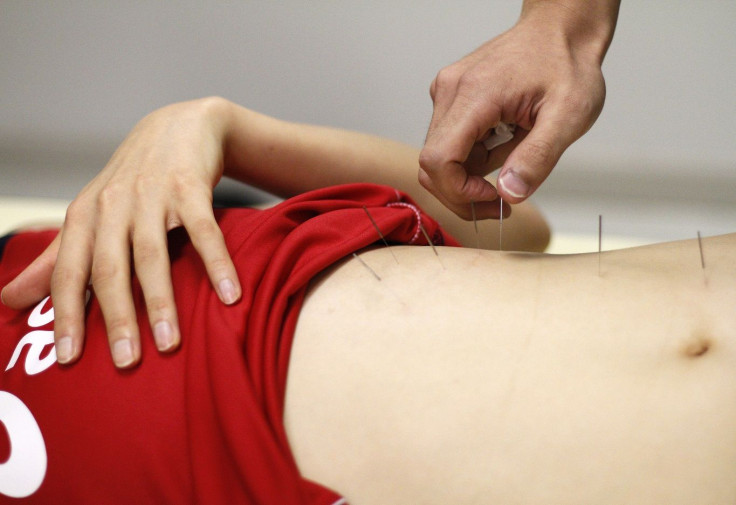Bacteria breakthrough: Scientists find ‘treasure chest’ of beneficial bacteria inside human intestine, may develop wonder pill soon

Human intestines have legions of beneficial bacteria. Interestingly, scientists have revealed that they can grow these beneficial bacteria in the laboratory and give them a pill form. This pill can one day become a revolutionary drug for treating various gastrointestinal diseases and infections. Researchers have understood how bacterial “microbiome” keeps human beings healthy. They studied 137 such beneficial bacteria from human intestine and this can lead to breakthrough treatments for stomach disorders.
Allergies, Inflammatory Bowel Disease, obesity, Irritable Bowel Syndrome and such gut diseases are caused because of imbalances in the intestinal microbiome. The findings of the study, published in journal Nature, will allow scientists to develop tailor-made pills to treat a particular intestinal disorder. Bacteria make up about two percent of a human being’s body weight. Due to microbiome’s importance to human health, it is known as the “forgotten organ.”
“We expect our research might lead to important new therapies to replace the use of antibiotics and faecal transplants to treat some gut infections,” said Samuel Forster from Melbourne's Centre for Innate Immunity and Infectious Diseases at the Hudson Institute of Medical Research.
It was very difficult for the scientists to isolate and analyse some of the bacteria in human intestines as they extremely sensitive to oxygen. Hence, culturing them in laboratories was a tall ask. Forster has described the findings as a “massive bacterial discovery.”
Hilary Browne from Wellcome Trust Sanger Institute in Cambridgeshire said that “microbial communities play a large role in human health and disease.” By isolating gastrointestinal bacteria, the researchers were able to sequence their genomes and understand more about their biology. Moreover, one-third of the species living inside out guts can form spores that are highly resistant and can survive long periods of exposure to the environment, heat and even oxygen.
“With the new techniques we have developed, and the appropriate facilities, the only limitation is how many bacterial colonies we need to pick in order to get the ones we are searching for,” Forster added.
The scientists are hoping that they would be able to create a pill soon that will contain a rationally selected and defined mix of bacteria.





















